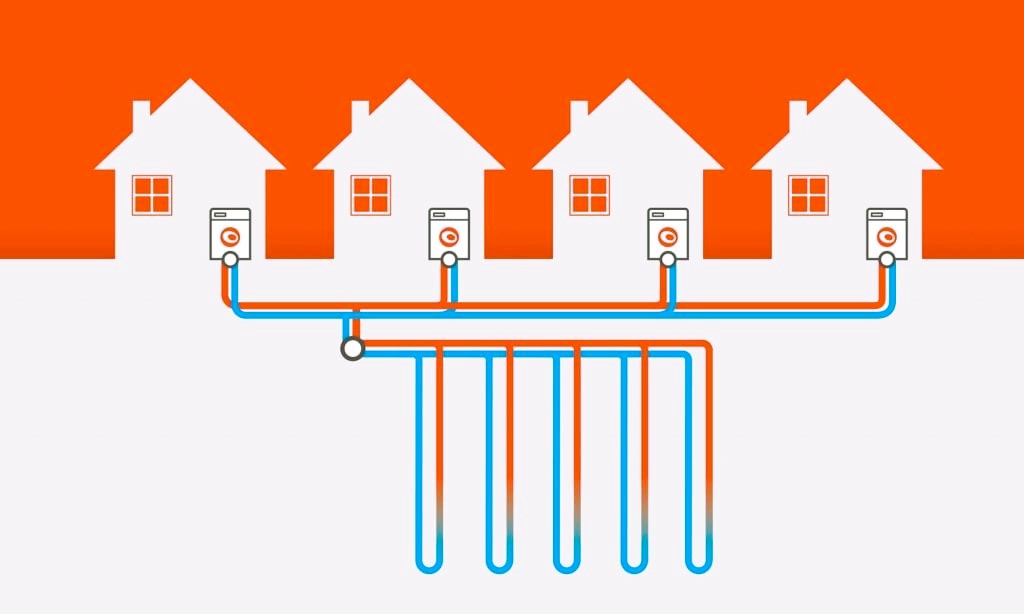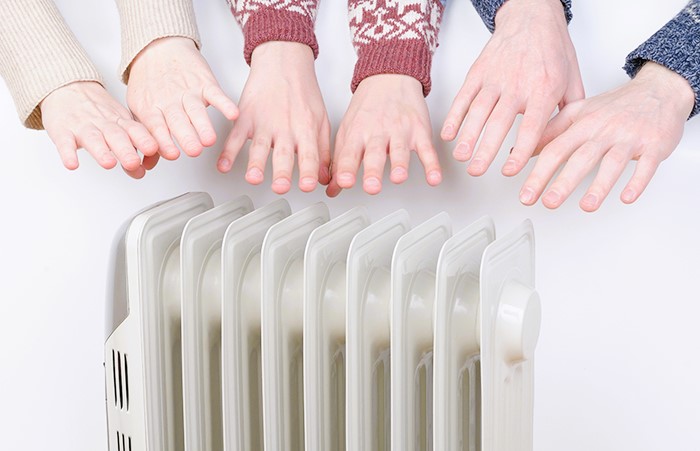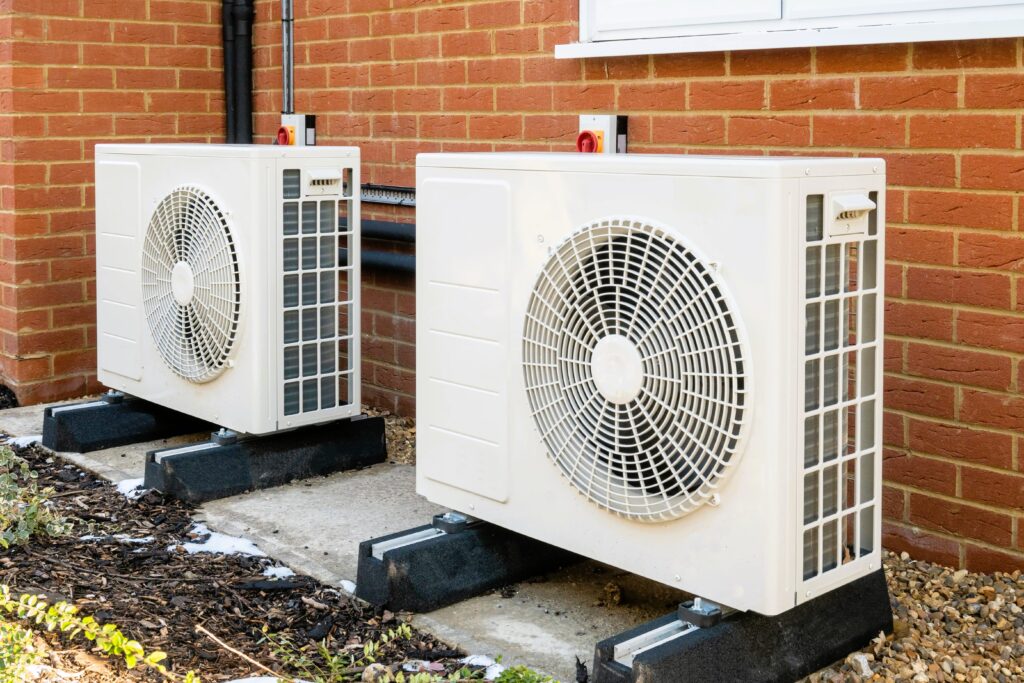
Heat Pumps vs. Traditional Heating: Which is More Eco-Friendly?
Heating our homes is a necessity, especially in regions with cold winters, such as Nova Scotia, Canada. However, as environmental concerns grow and energy costs rise, it’s crucial to consider the environmental impact of our heating choices. This article delves into the debate between heat pumps and traditional heating systems, exploring their eco-friendliness, efficiency, and their roles in creating a sustainable future.
The Traditional Approach
Traditional heating methods typically involve the combustion of fossil fuels, such as natural gas, oil, or coal, to generate heat. While these systems have provided warmth and comfort for generations, they have also been associated with several environmental drawbacks:
- Greenhouse Gas Emissions: Traditional heating systems release greenhouse gases, primarily carbon dioxide (CO2), into the atmosphere. These gases contribute to global warming and climate change, with serious consequences for the environment.
- Resource Depletion: Fossil fuels are finite resources, and their extraction and use have negative environmental impacts, from oil spills to habitat destruction. The availability of these resources is subject to geopolitical and economic uncertainties.
- Air Quality Issues: The combustion of fossil fuels also releases pollutants and particulate matter into the air, which can lead to poor air quality and health problems, particularly in urban areas.

The Rise of Heat Pumps
Heat pumps represent a modern alternative to traditional heating methods. These systems are designed to transfer heat rather than generate it, making them significantly more energy-efficient and eco-friendly. They work by extracting heat from the outside air, ground, or water and then distributing it within the home. Let’s explore the eco-friendliness of heat pumps:
- Reduced Carbon Emissions: Heat pumps produce minimal carbon emissions, making them a cleaner and greener heating option. They don’t rely on fossil fuels for heat generation and are particularly efficient in reducing CO2 emissions.
- Renewable Energy Integration: Heat pumps can be powered by electricity generated from renewable sources, such as wind, solar, or hydropower. This ensures that their operation is aligned with sustainable energy practices.
- Improved Energy Efficiency: Heat pumps are known for their high energy efficiency. For every unit of electricity they consume, they can provide multiple units of heating, making them a cost-effective and eco-friendly choice. We have analyzed all the advantages of environmentally friendly heating solutions, more details here.
Government Support and Incentives
To promote eco-friendly heating solutions, including heat pumps, the Canadian government offers various support programs and incentives. Homeowners may be eligible for rebates, tax credits, and grants to offset the cost of purchasing and installing heat pumps. These incentives not only reduce the financial burden on homeowners but also encourage the adoption of more eco-friendly heating systems.

For detailed information on government programs and incentives in Canada, you can visit the official website of the Government of Canada.
Factors to Consider
When deciding between heat pumps and traditional heating systems, several factors come into play:
- Climate: Heat pumps are highly efficient in moderate climates, making them an excellent choice for many regions in Canada. However, their efficiency may decrease in extremely cold climates.
- Energy Source: Consider the source of electricity in your region. If it primarily comes from fossil fuels, the environmental benefits of heat pumps may be reduced.
- Initial Cost: Heat pumps often have a higher upfront cost than traditional systems. However, the long-term energy savings and potential government incentives can offset this initial investment.
Conclusion
Heat pumps offer a compelling eco-friendly alternative to traditional heating methods. Their reduced carbon emissions, energy efficiency, and compatibility with renewable energy sources make them an environmentally responsible choice. However, the suitability of heat pumps depends on various factors, including climate and energy sources in your region. By exploring the advantages of heat pumps and weighing them against traditional heating systems, you can make an informed decision that not only ensures your comfort but also contributes to a more sustainable future.
